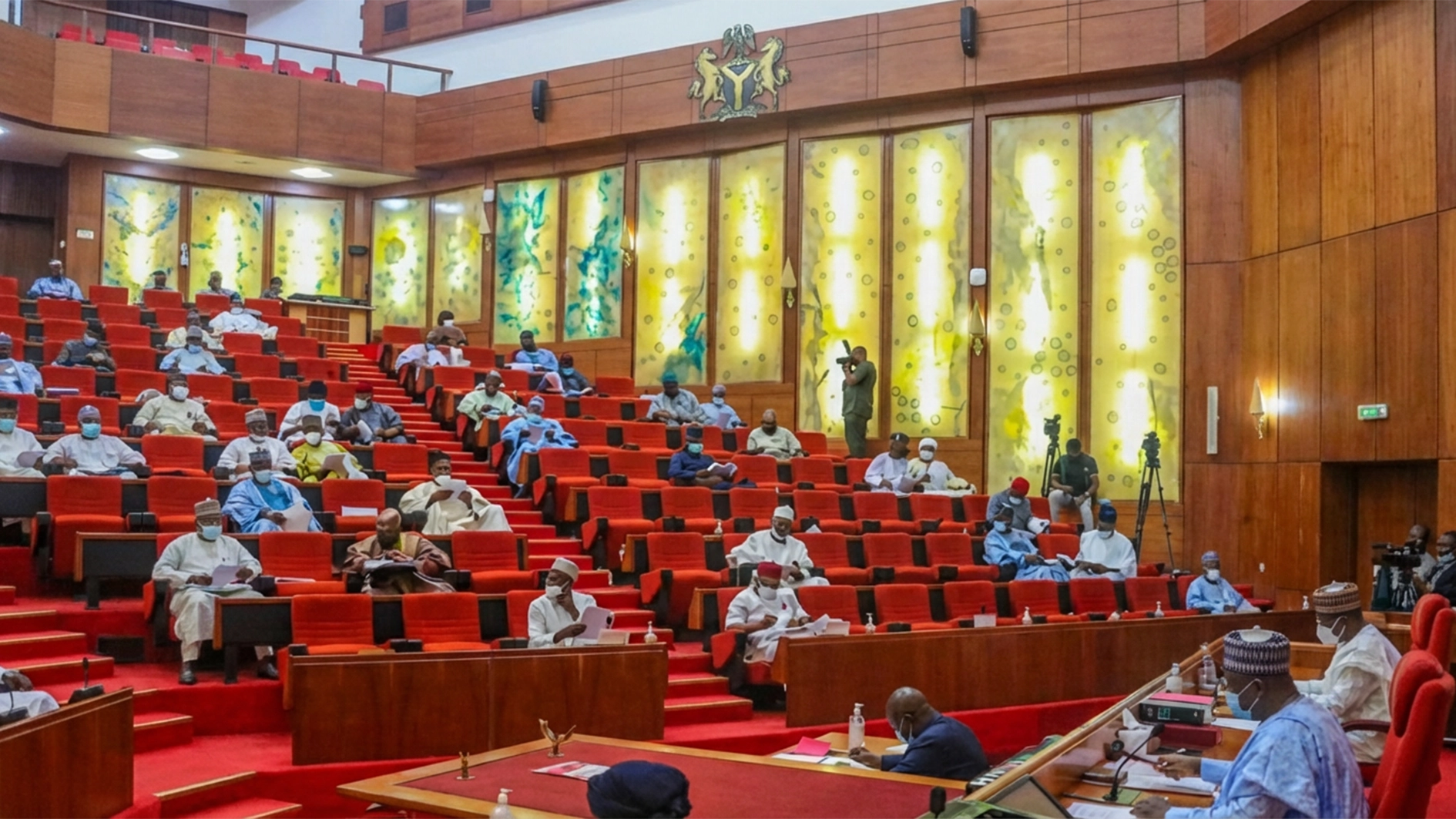Celebrated Nigerian entrepreneur and a Forbes Africa 30 Under 30 honoree Obiwanne Okeke has pleaded not guilty to two counts of wire and computer fraud of about $11m fraud at his first hearing on Monday.
United States’ Federal Bureau of Investigation (FBI) said Okeke and at least six other persons were involved in the crimes.
“There is a probable cause to believe Okeke has conspired with several individuals to access computers without authorisation and using such access to cause the fraudulent wire transfer of funds,” FBI’s special agent Marshall Ward said in an affidavit he deposed to before Justice Lawrence Leonard, in Norfolk, Virginia, on August 2.
At the commencement of the hearing on Monday, the presiding judge at the Newport News, Virginia, federal courthouse, described the case as “complex,” but said Okeke should be remanded in prison until February 18, 2020, when the trial would continue.
By the time he returns to court in February 2020, he would have spent six months behind bars, and could still spend more time in the course of the trial.
The appearance came a week after a federal grand jury examined the evidence gathered by the FBI and presented by the United States Department of Justice and found Okeke guilty as charged and recommended him for trial.
The grand jury ordered that Okeke should be made to forfeit at least $11 million in asset and an emerald shaped diamond engagement ring found on him when he was first arrested by federal agents as he was about leaving the U.S. on August 6.
He had made previous appearances before separate judges for preliminary hearings in his bail applications but were declined.
Investigators said those who worked with Okeke remained at large and continued to seal crucial references to them in the case.
The FBI agent said the investigations that nailed him began in July 2018 after Unatrac Holding Limited, an export sales office for Caterpillar heavy industry and farm equipment, in the United Kingdom was defrauded of $11 million through a phishing scheme.
The chief finance officer of Unatrac had received an email containing from an intruder on April 1, 2018. The CFO opened the link and was redirected to a phishing website designed to look like a genuine Office365 logon page. The credential he entered on the page were immediately collected by the “unknown intruder” whose IP address was traced to Nigeria.
The FBI said the intruder accessed the CFO’s email account 464 times between April 6 and April 20, 2018.
The credentials were used to remotely login into the CFO’s account, monitor his correspondences and intercepted legitimate emails from employees on the company’s financial team. The emails were marked as read and moved to another folder outside the CFO’s inbox.
Unatrac financial team members, deceived by the genuine-looking emails initiated by the intruder, processed 15 fraudulent payments between April 11 and April 19, 2018.
“For instance, the finance staff received and processed three invoices to Pak Fei Limited: one for $278, 270.66, one for $898, 461.17 and one for $1, 957, 100,” Ward said in the affidavit.
“In total, nearly $11, 000, 000 was sent, all of which went to overseas accounts.”
The funds were too late to retrieve when Unatrac realised that it was a victim of fraud. It later reported the crime to the FBI in June 2018.
Obinwanne started featuring in the fraud scheme after the intruder downloaded a folder from Unatrac CFO’s OneDrive folder and sent it to [email protected], the email the FBI said is owned by the Invictus Group founder.
Apart from Unatrac, Ward said the official records collected from Google in November 2018 showed that [email protected] was “substantially involved” in illegal activities including trafficking in stolen password and identities, computer intrusion, conspiracies to commit to obtain money through fraudulent wire transfers.
Ward said [email protected] defrauded an American company Red Wing Shoe Company of $108, 470.55.
About 77 other Nigerians have been listed in largely unconnected fraud busts by American authorities since Okeke’s arrest.
Many of those cases were also traced to business email compromise, a process of targeting unwary business executives now commonly deployed across intricate networks of cybercriminals.
He faces up to 30 years in prison if convicted, as well as the possibility of forfeiting any ill-gotten acquisitions traced to him.
Okeke was named on the Forbes Africa’s 30 Under 30 For 2016 and was featured on the magazine’s June 2016 cover. A year later, CNBCA named Okeke as a finalist for Young Business Leader of the Year (West Africa).
He was featured regularly in Nigerian and international media. Okeke also earned high praises from Nigerian politicians.
His Invictus Group claims to have investments in oil and gas, construction, energy solutions, technology and agriculture.
[ad unit=2]






